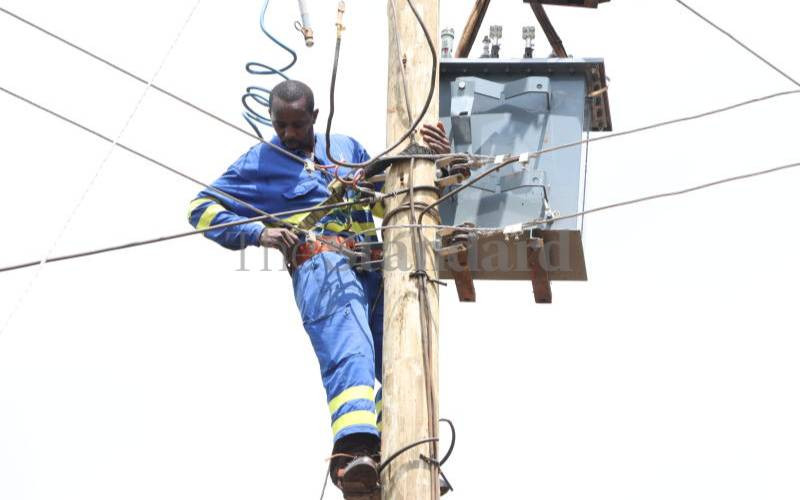×
The Standard e-Paper
Home To Bold Columnists

Kenya Power overbilled electricity consumers last year as it sought to recover the higher fuel cost it incurred during the 2022 financial year.
The Auditor General has pointed out a huge disparity between the money collected as fuel cost charge and the amount that Kenya Power paid to power producers as fuel costs.